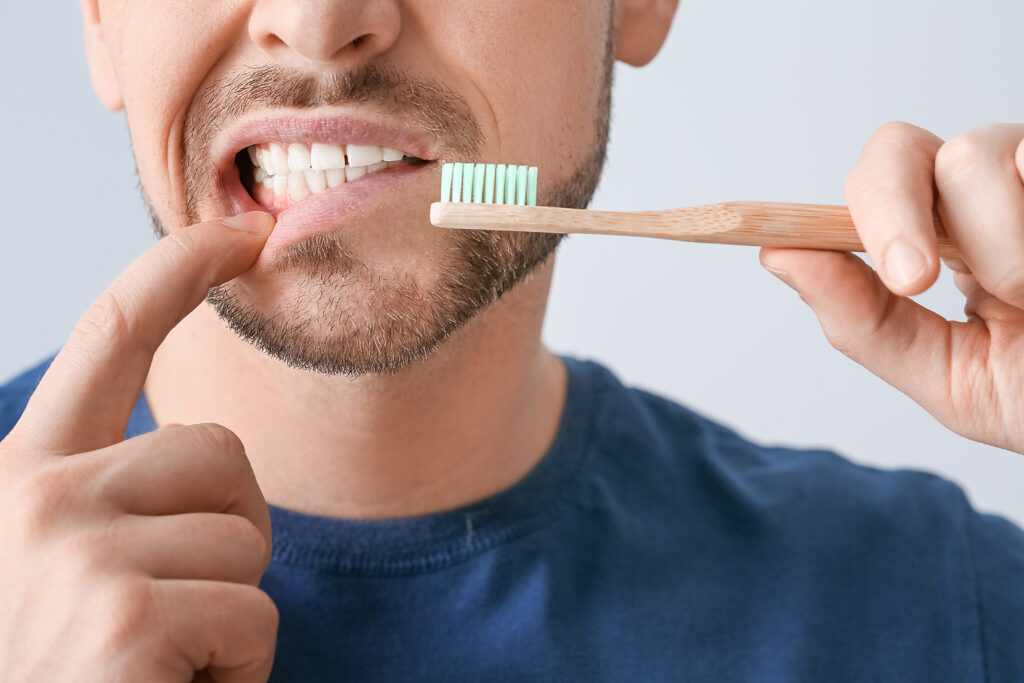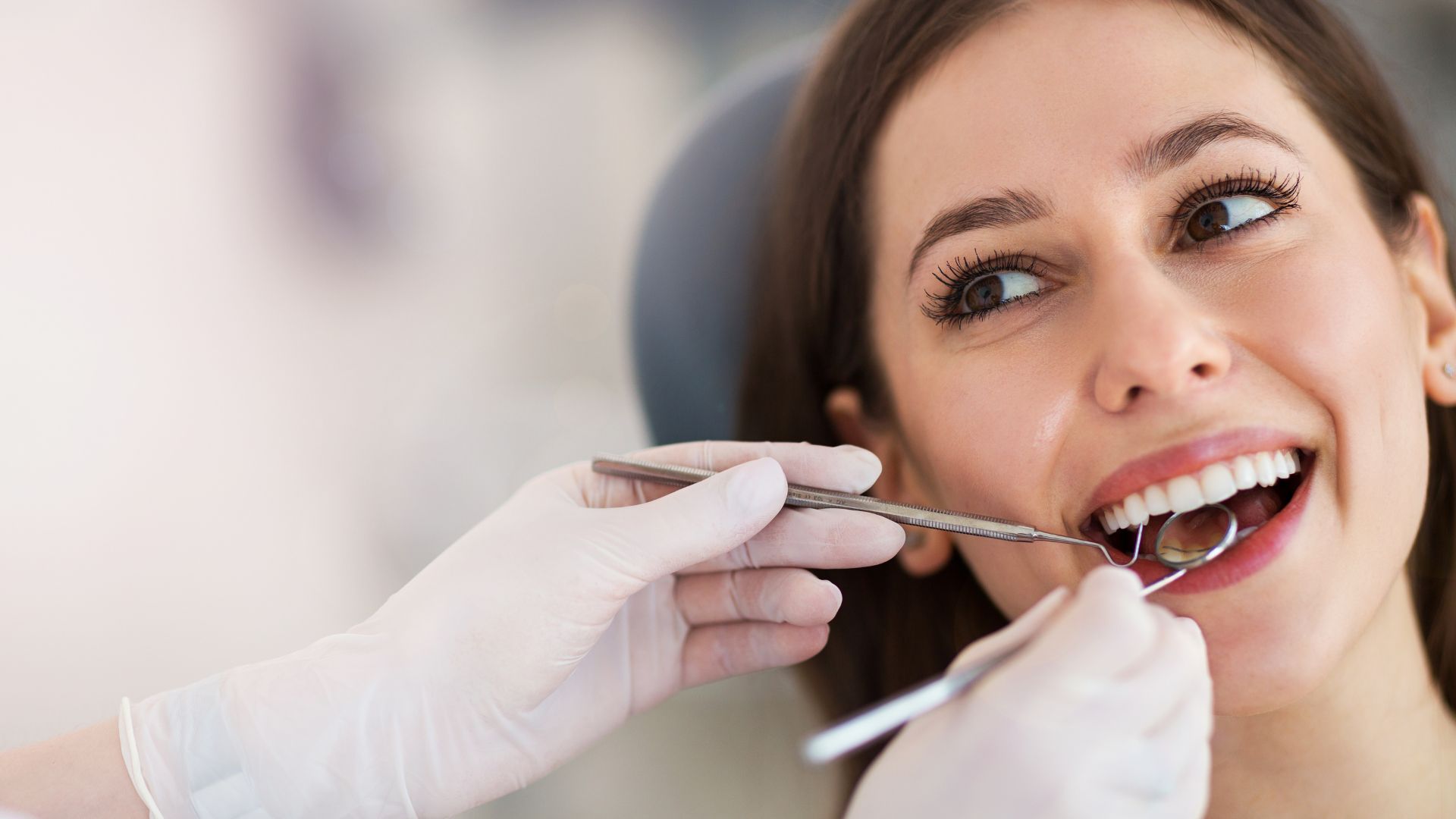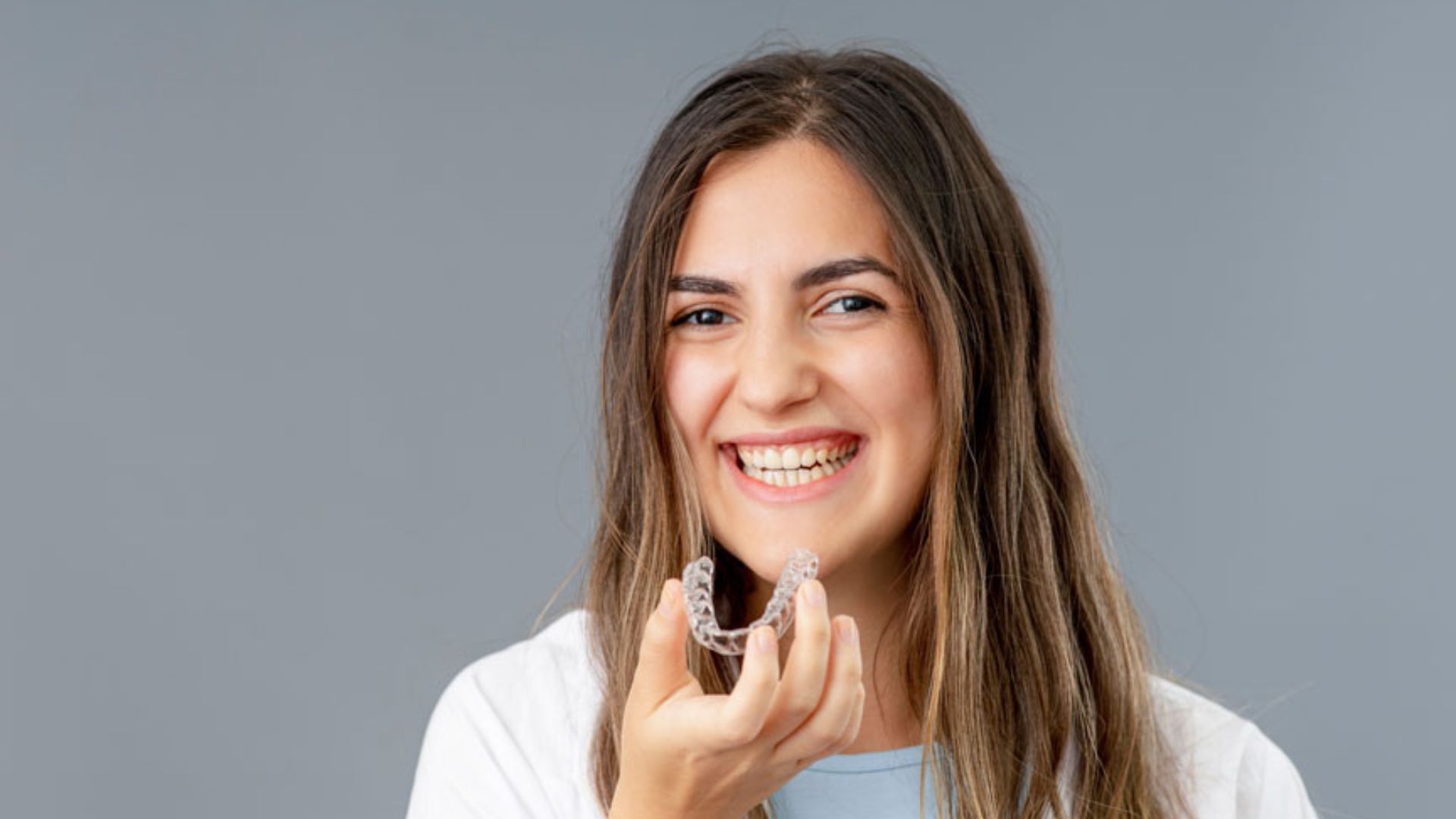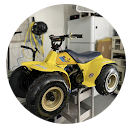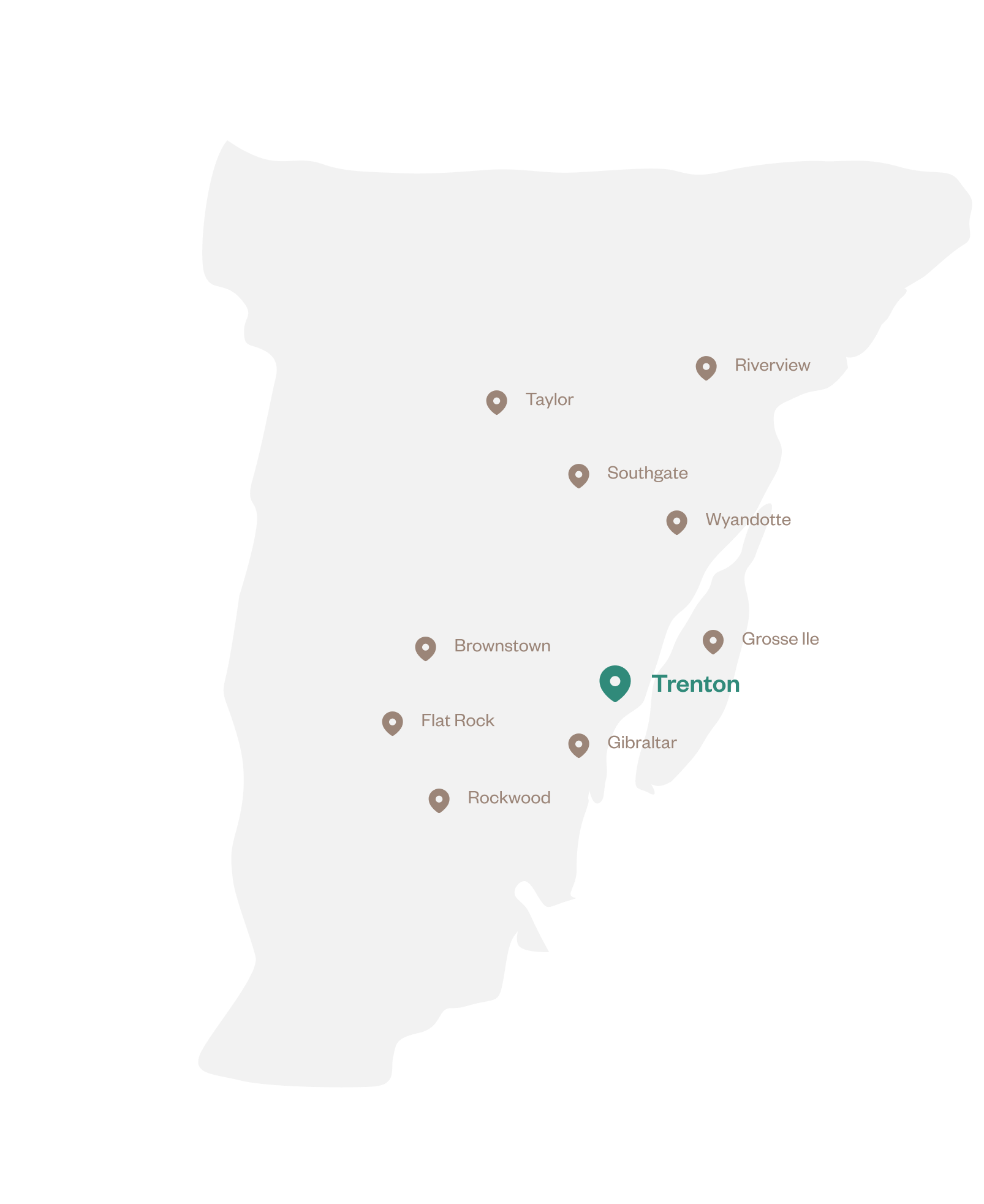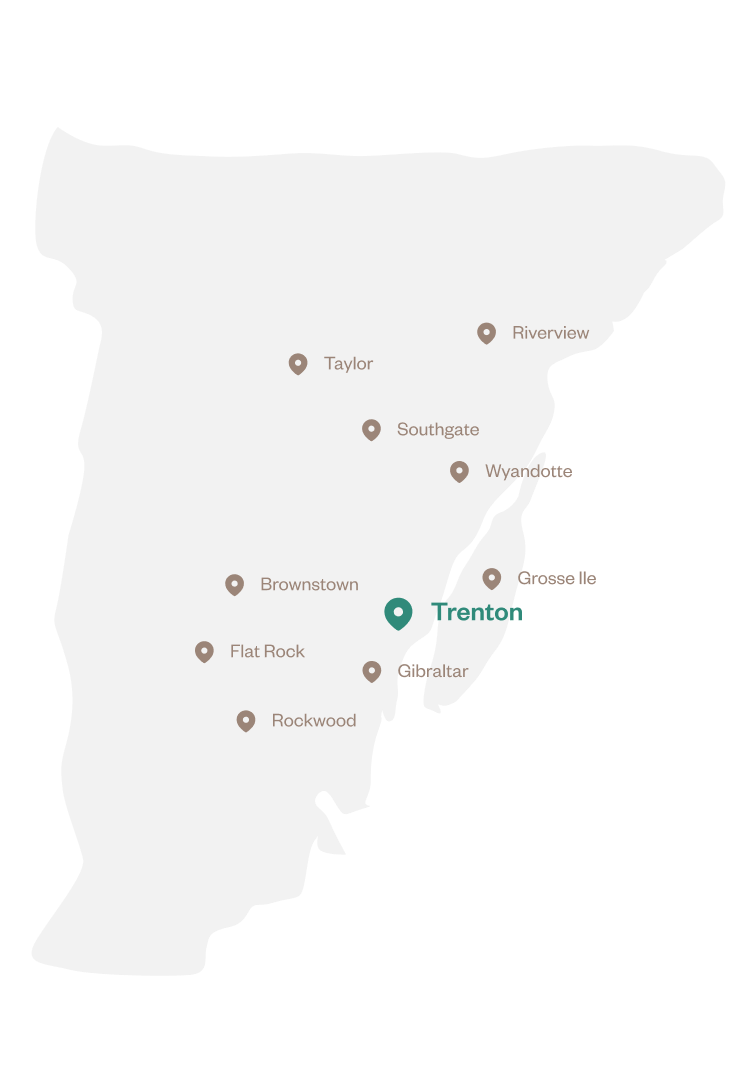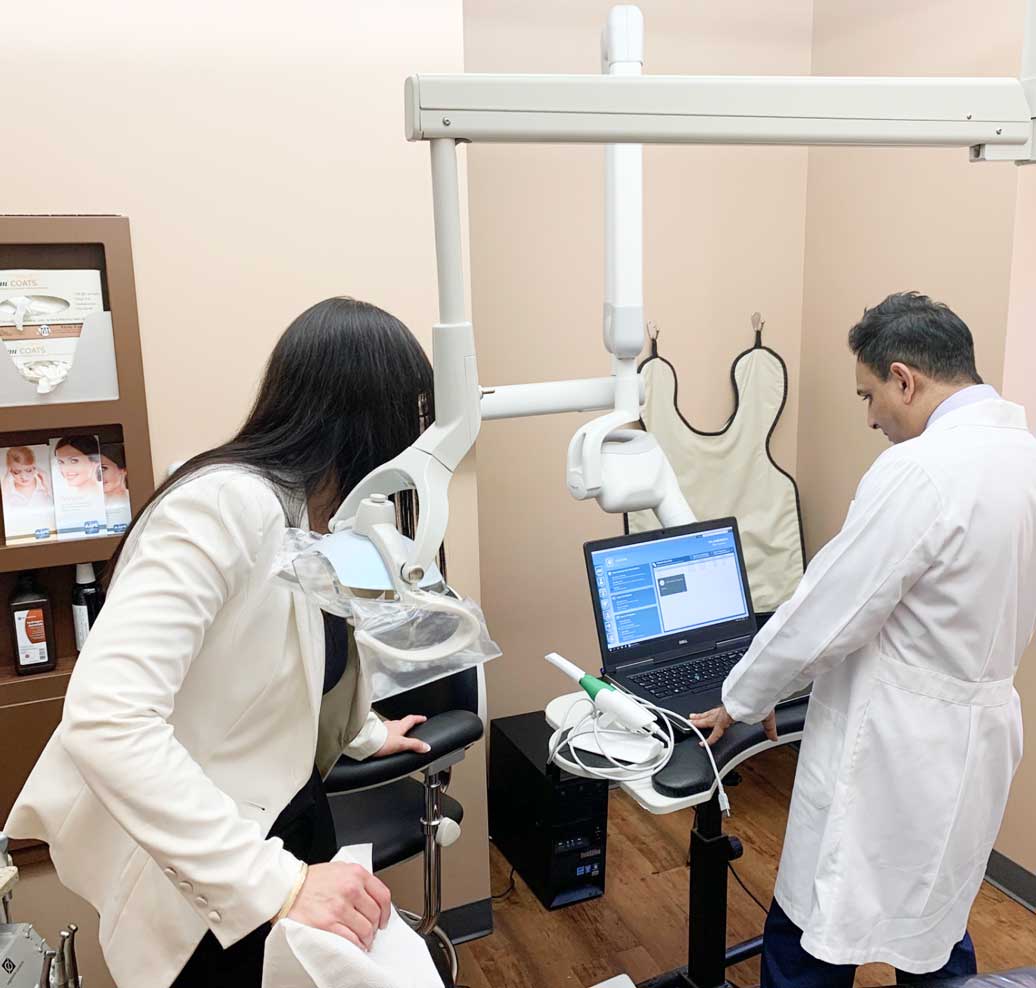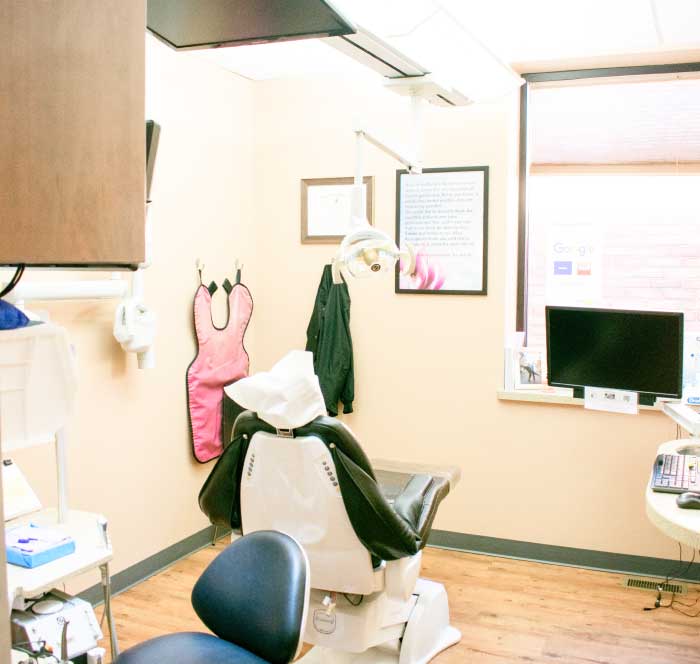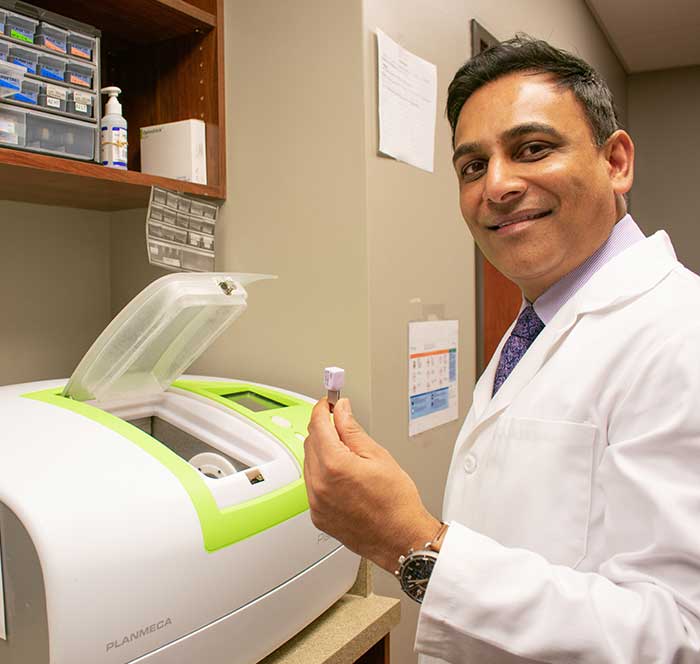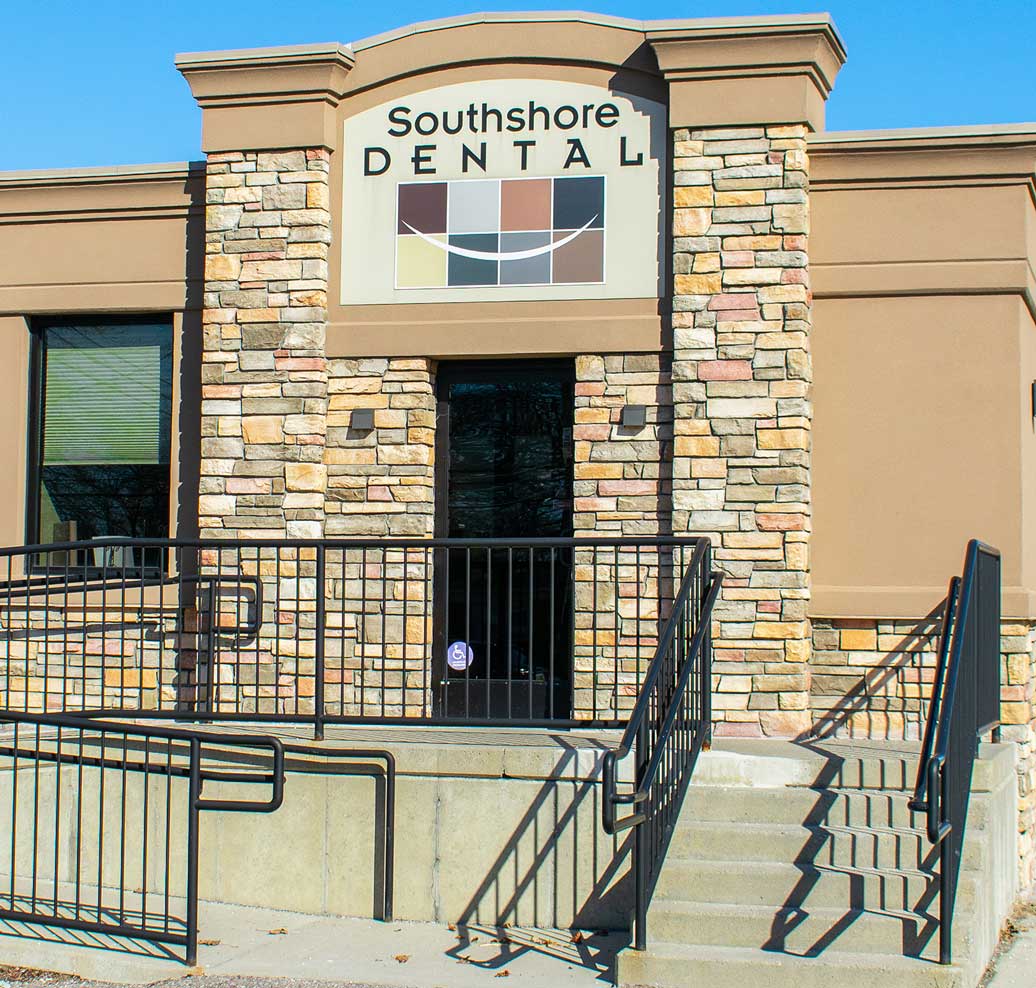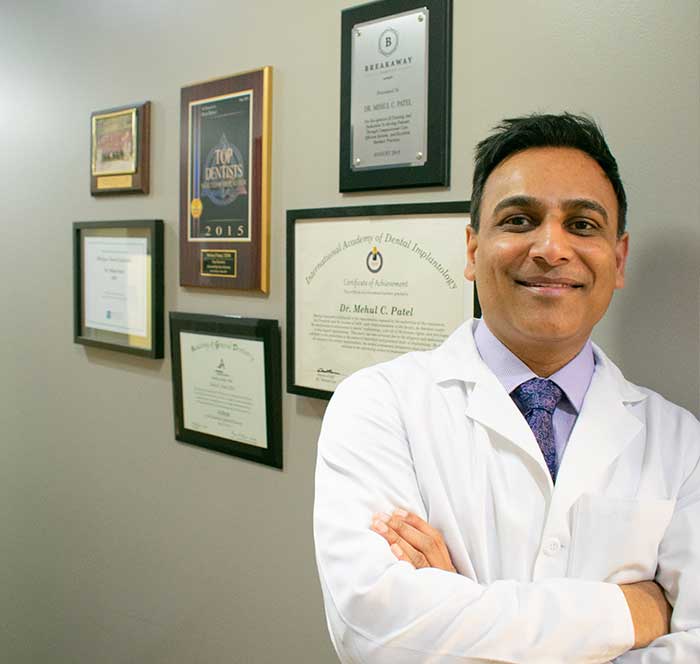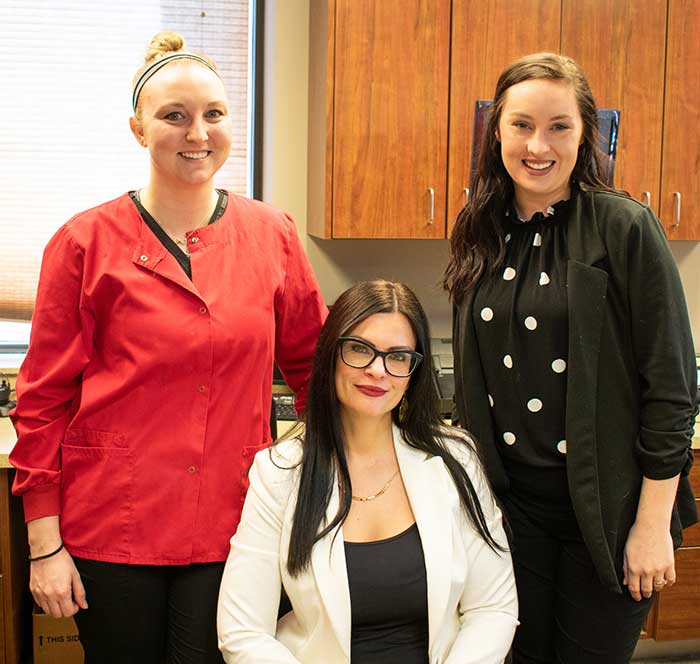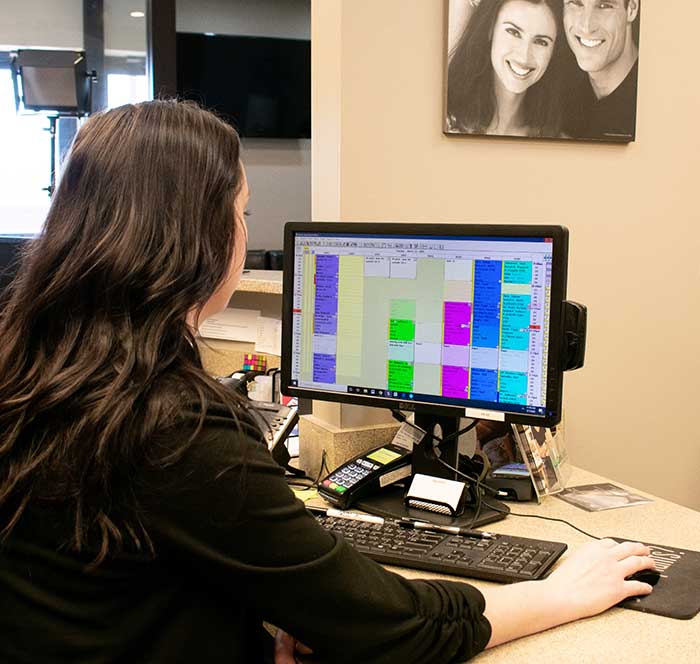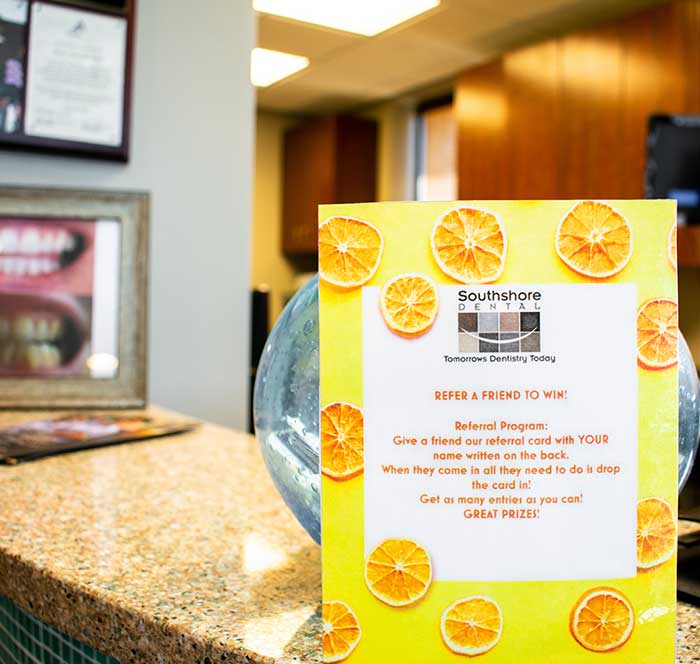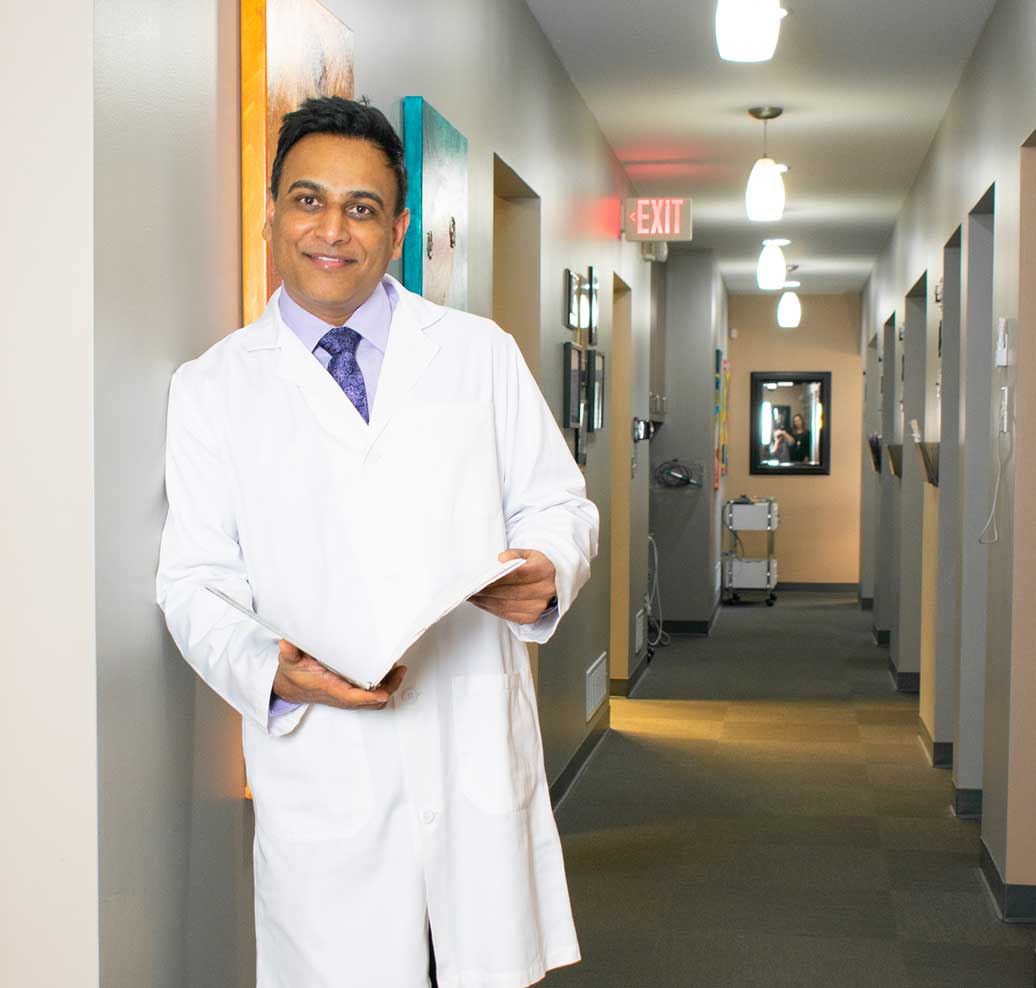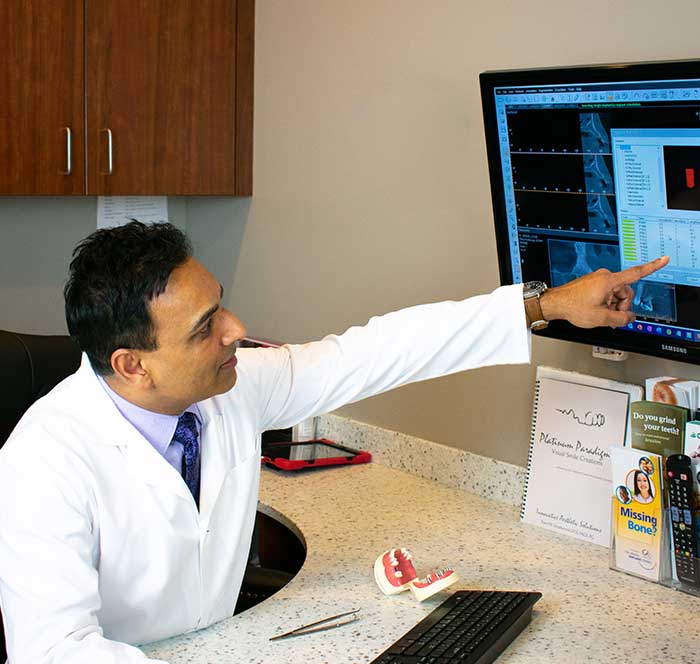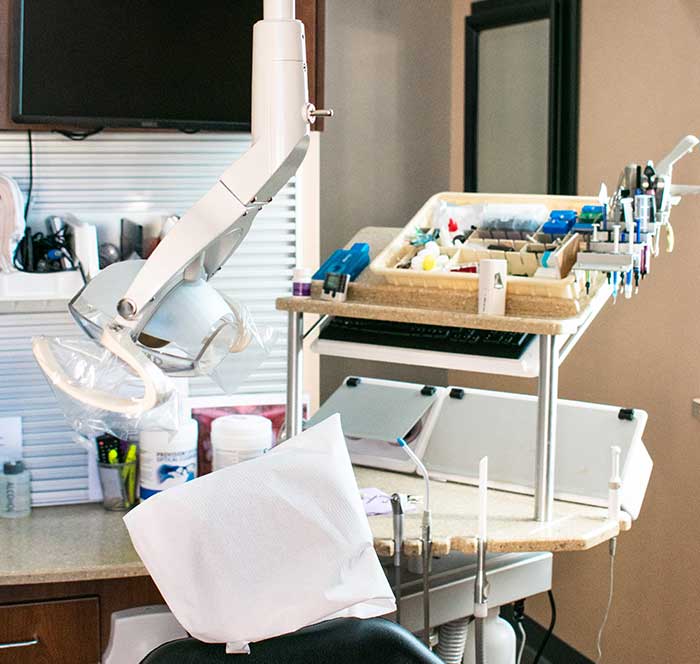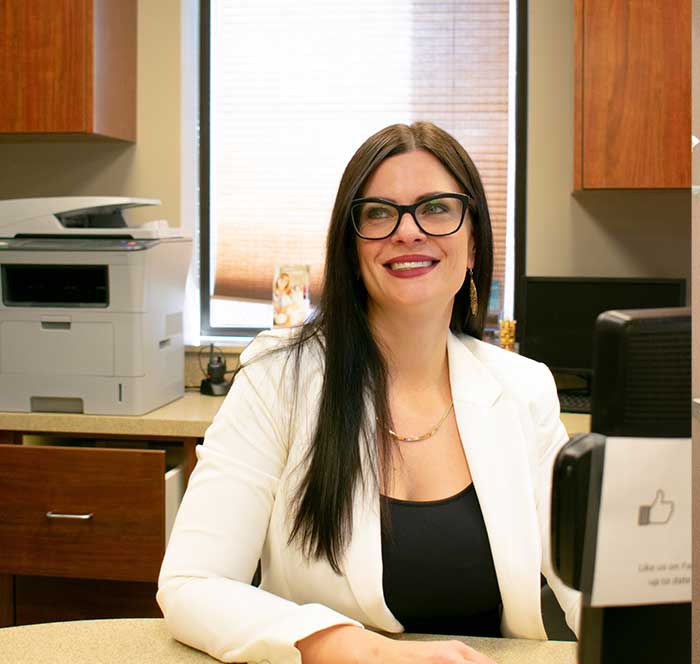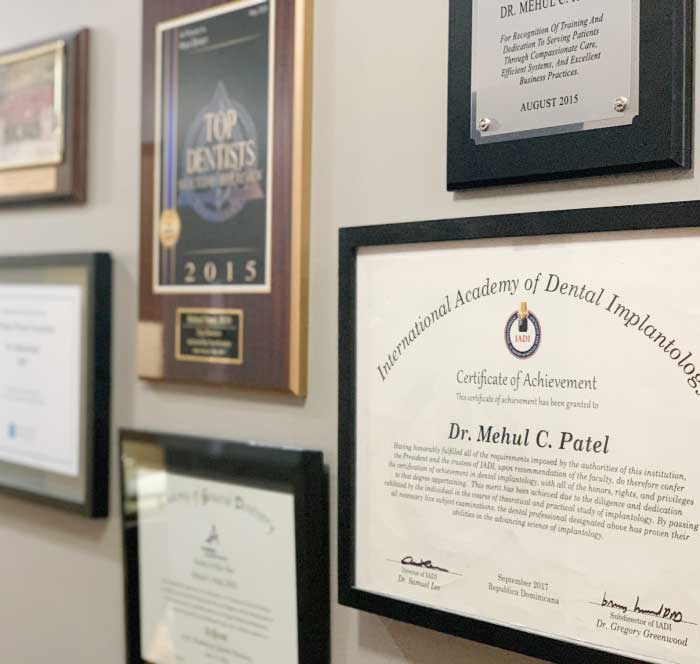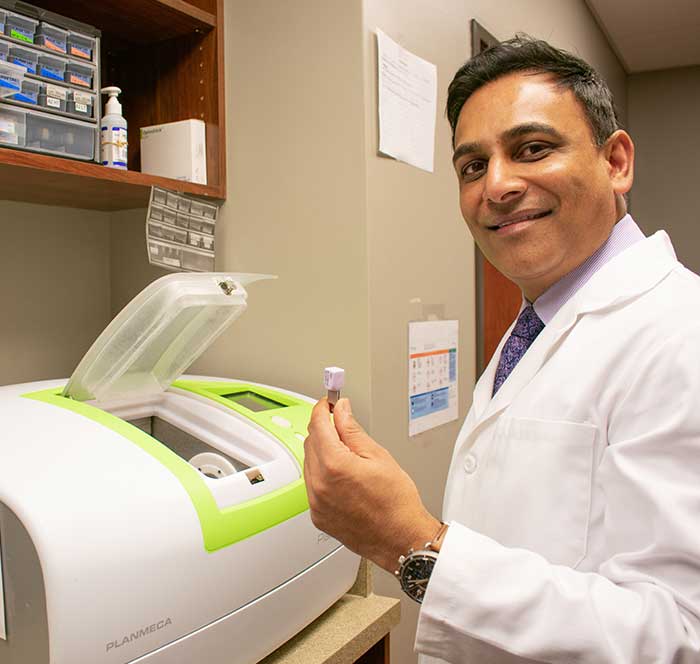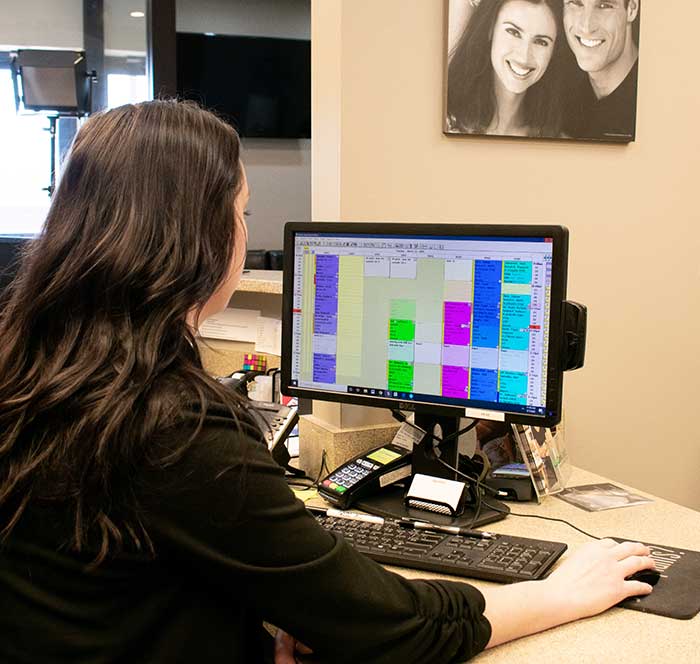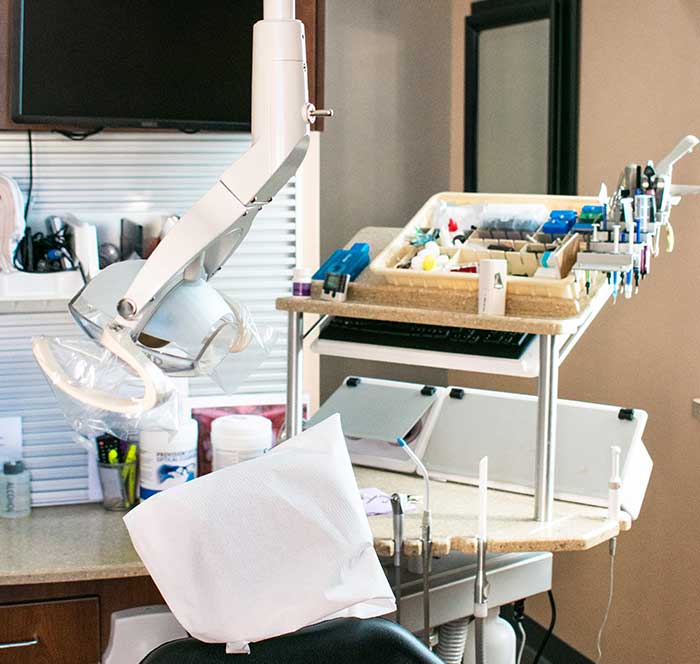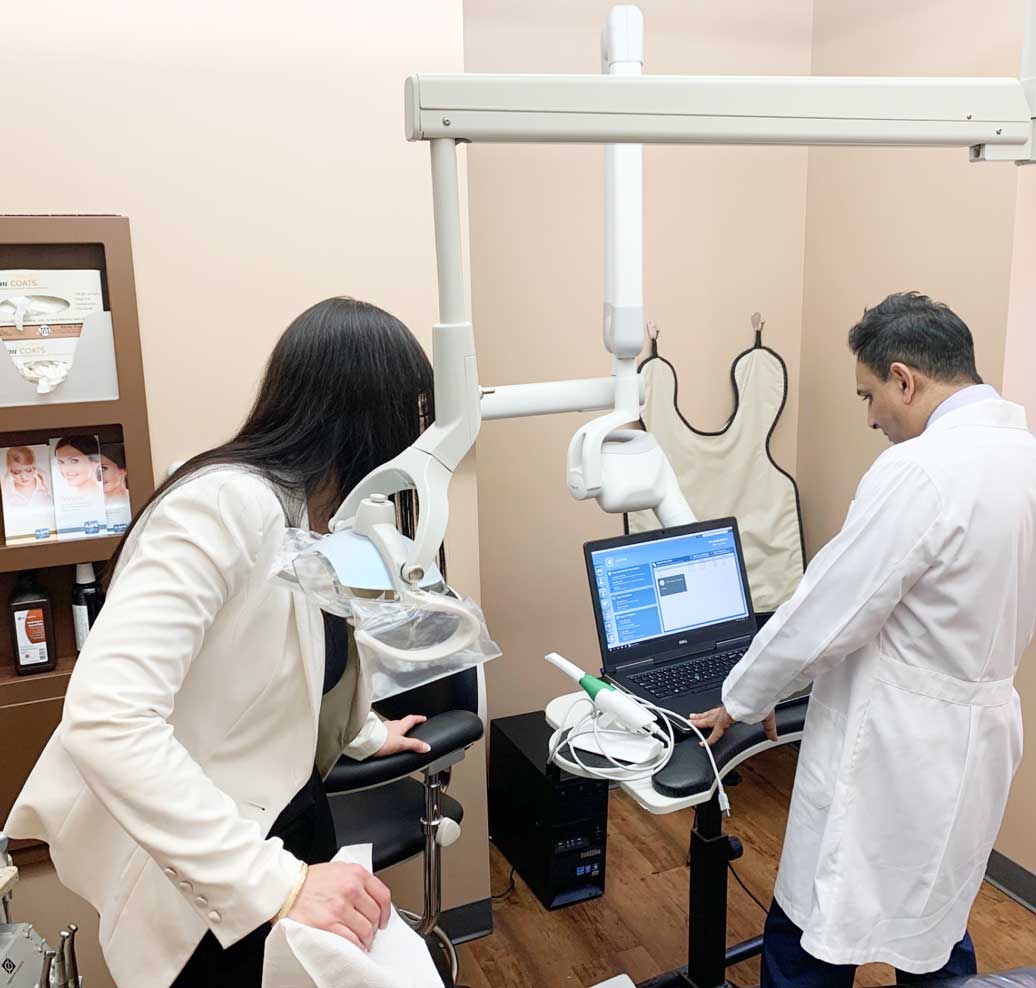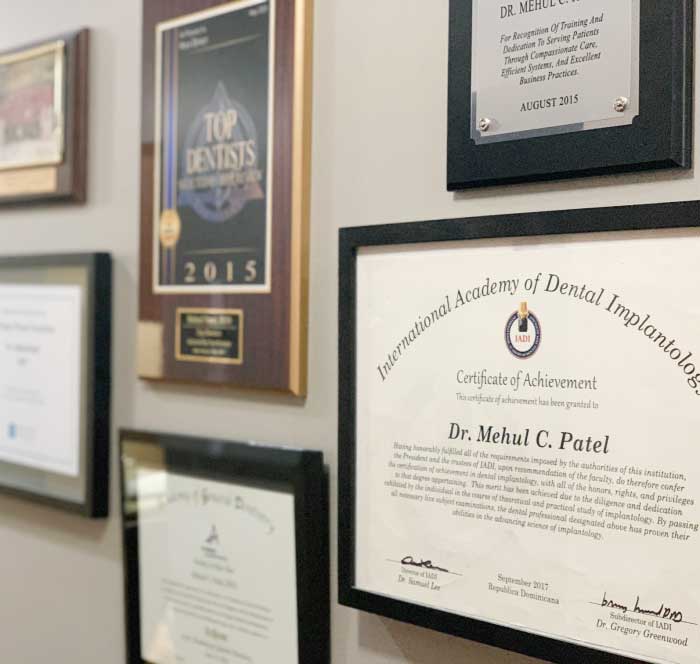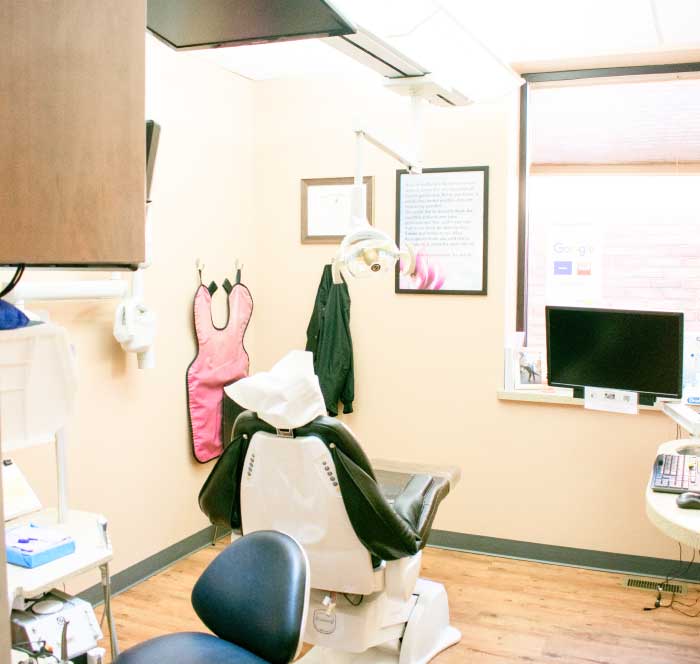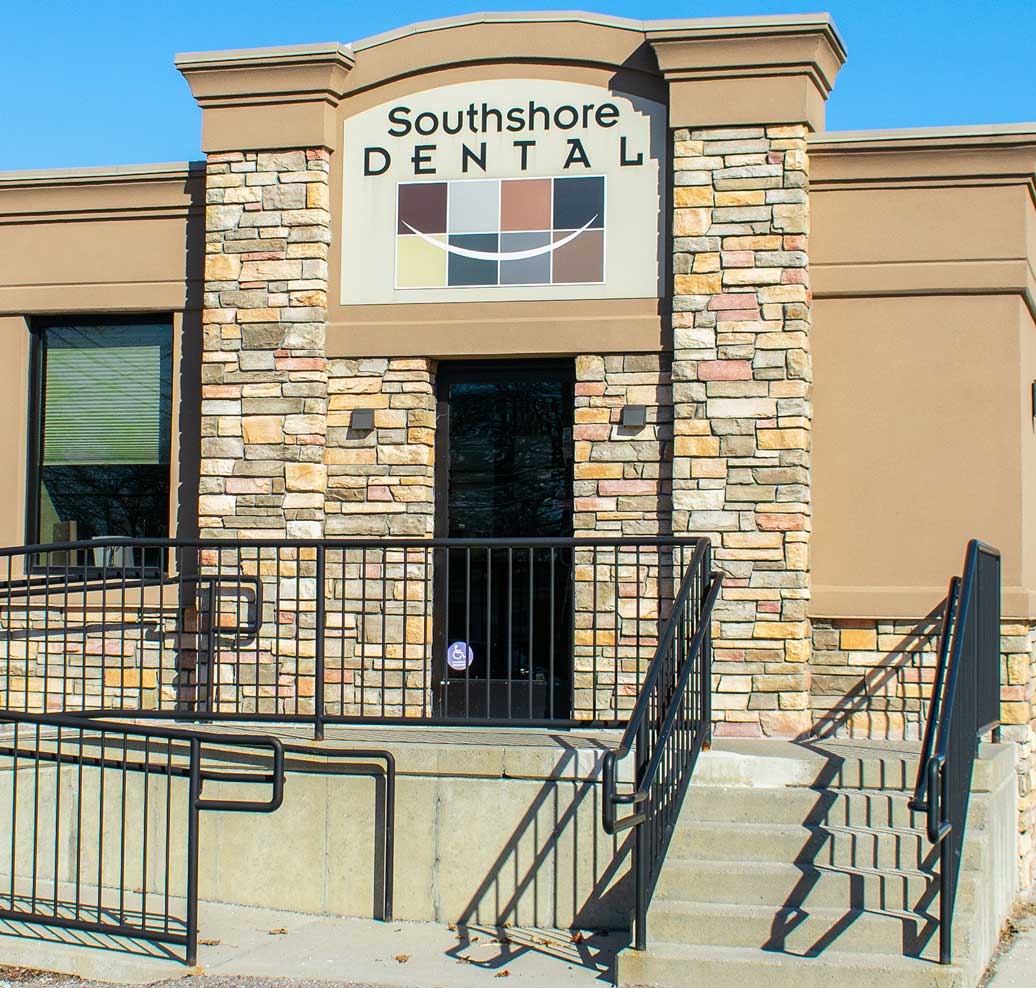Wisdom tooth removal is a common dental procedure, but proper aftercare is crucial for a smooth recovery. Maintaining good oral hygiene after the surgery helps prevent complications like infection, dry sockets, and prolonged healing. Here’s what you need to know about brushing your teeth after wisdom tooth extraction.
When to Start Brushing After Wisdom Tooth Removal
Post-surgery, your dentist or oral surgeon will provide detailed aftercare instructions, including when you can resume brushing your teeth. Generally:
- First 24 Hours: Avoid brushing your teeth to allow the surgical site to stabilize. This reduces the risk of dislodging blood clots essential for healing.
- Day Two Onward: You can usually resume brushing, but proceed with caution around the extraction site.
How to Brush Safely After Surgery
While brushing your teeth is vital, special care is needed to protect the healing area:
- Use a Soft-Bristled Toothbrush: A soft-bristled toothbrush is gentle on your gums and reduces the risk of irritation.
- Avoid the Surgical Area: Brush the teeth away from the extraction site during the initial recovery phase. Once the area begins to heal, gradually clean closer to it.
- Rinse Gently: Instead of vigorously spitting, let water or mouthwash flow out of your mouth to avoid disturbing the healing blood clot.
- Be Mindful of Sensitivity: If you experience discomfort, reduce the pressure and speak to your dentist for further guidance.
The Importance of Dental Hygiene After Wisdom Tooth Removal
Maintaining clean teeth and gums prevents complications like infections or delayed healing. Here’s why:
- Prevents Infection: Food particles and bacteria can accumulate around the extraction site, increasing the risk of infection. Gentle brushing and rinsing help keep the area clean.
- Supports Faster Healing: Good oral hygiene reduces inflammation and promotes a quicker recovery.
- Avoids Dry Socket: Dislodging the blood clot can lead to dry sockets, a painful condition that delays healing. Careful oral hygiene practices minimize this risk.
Additional Tips for Optimal Oral Hygiene
- Rinse with Salt Water: After the first 24 hours, rinse your mouth with warm salt water two to three times a day. This soothes the gums and reduces bacteria.
- Avoid Straws and Smoking: Suction from straws and smoking can dislodge the healing blood clot, so avoid these for at least a week.
- Stick to a Soft Diet: Foods like yogurt, mashed potatoes, and smoothies are gentle on your mouth and less likely to disturb the extraction site.
- Monitor Your Recovery: Keep an eye on the surgical area for signs of infection, such as excessive swelling, redness, or discharge. Contact your dentist in Trenton immediately if you notice these symptoms.
Read more: How to Choose the Right Dentist for Your Family’s Needs
Visit Southshore Dental for Wisdom Tooth Removal in Trenton, MI
By following these tips and prioritizing dental hygiene, you can promote healing and keep your smile healthy after wisdom tooth removal. For personalized care and guidance, turn to Southshore Dental in Trenton. We offer comprehensive wisdom teeth removal and advice because your oral health is our priority!


